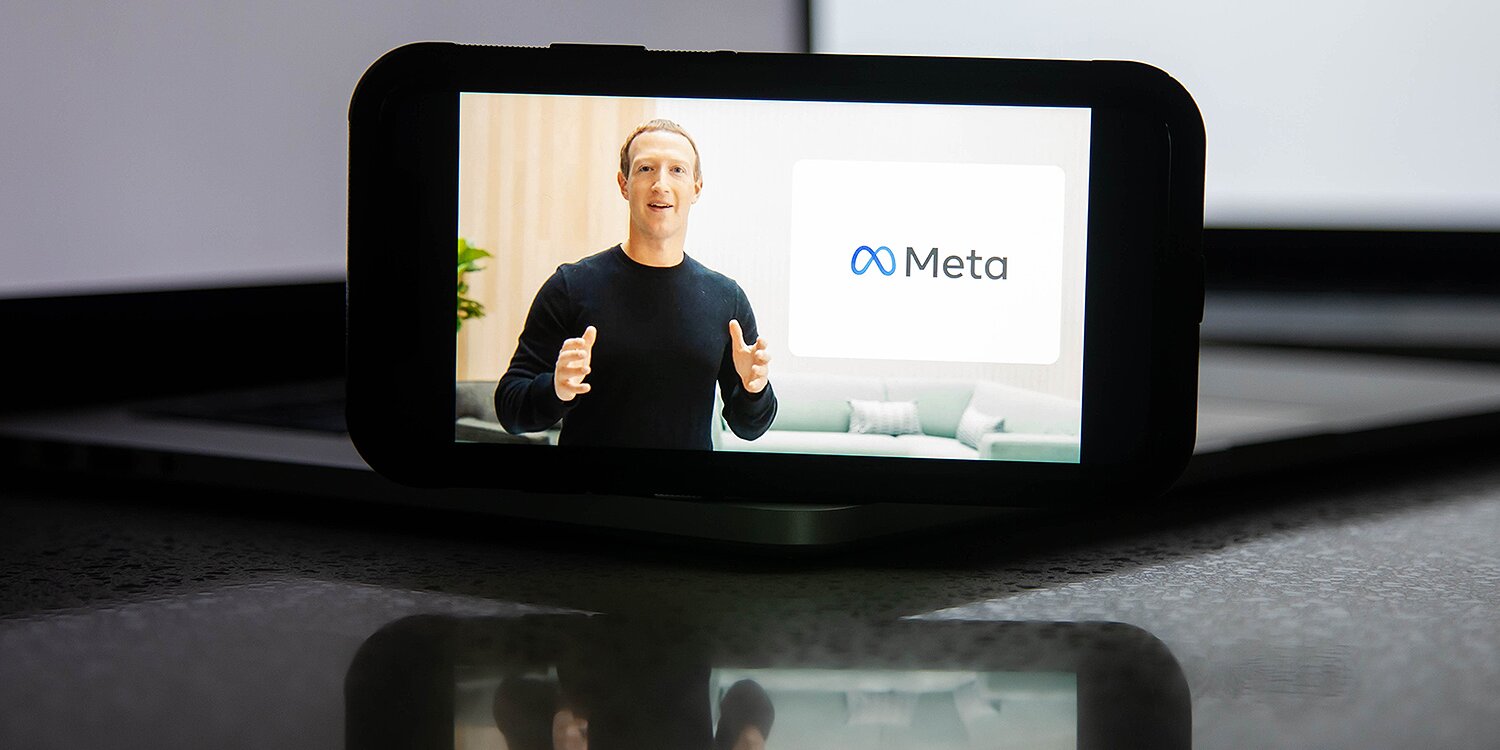CEO Mark Zuckerberg announced that Facebook is changing its name to Meta.Mark Zuckerberg announced on Thursday, October 28th, Facebook’s new name and direction as a company, fully committing to what they believe to be the future of technology. Zuckerberg refers to this growing world as the “metaverse,” hence aptly changing the Facebook name to ‘Meta.’
With how prominent a role the internet plays in our world today, it’s no wonder that more and more individuals and businesses alike are stressing the importance of digital connection. Zuckerberg is looking to embrace this shift and offer new tools and software focused around virtual reality, such as their newest VR headset, Cambria, set to release in 2022.
Meta is aiming to harness the technology of neural interfaces through which their headsets and wearable tech will be able to read and translate facial expressions and hand movement; a concept that could allow people to seamlessly explore augmented worlds.
Considering how many products Facebook has released in previous months, this announcement doesn’t come as a surprise to many. Just this past August, Horizon Workrooms were announced, followed by a new pair of Ray-Ban’s that allow those who wear them to record videos. Zuckerberg also mentioned the idea of Horizon Worlds; a new virtually-reality based social network – all of these being pieces of the metaverse.
With this corporate rebrand, the company previously known as Facebook will begin trading under the stock ticker MVRS as of December 1st. They will also be using the Meta name more often among virtual reality products as opposed to their previous VR name, Oculus.
The success of the metaverse as a whole will partly depend on app developers creating new programs and platforms that work specifically within this technological realm. Because of this, Zuckerberg stated he would offer low-cost, if not free, services to developers as well as appeal to them more by giving out creator funds and capital incentives.
While exciting, such a bold, enormous project will take time to develop and complete, which Zuckerberg estimated to be within the next 10+ years. According to CTO Andrew Bosworth, a key factor in the success of all of this will be significant breakthroughs in technology to allow these products to become smaller, more affordable, and more immersive. That being said, the potential is still something to look forward to.


